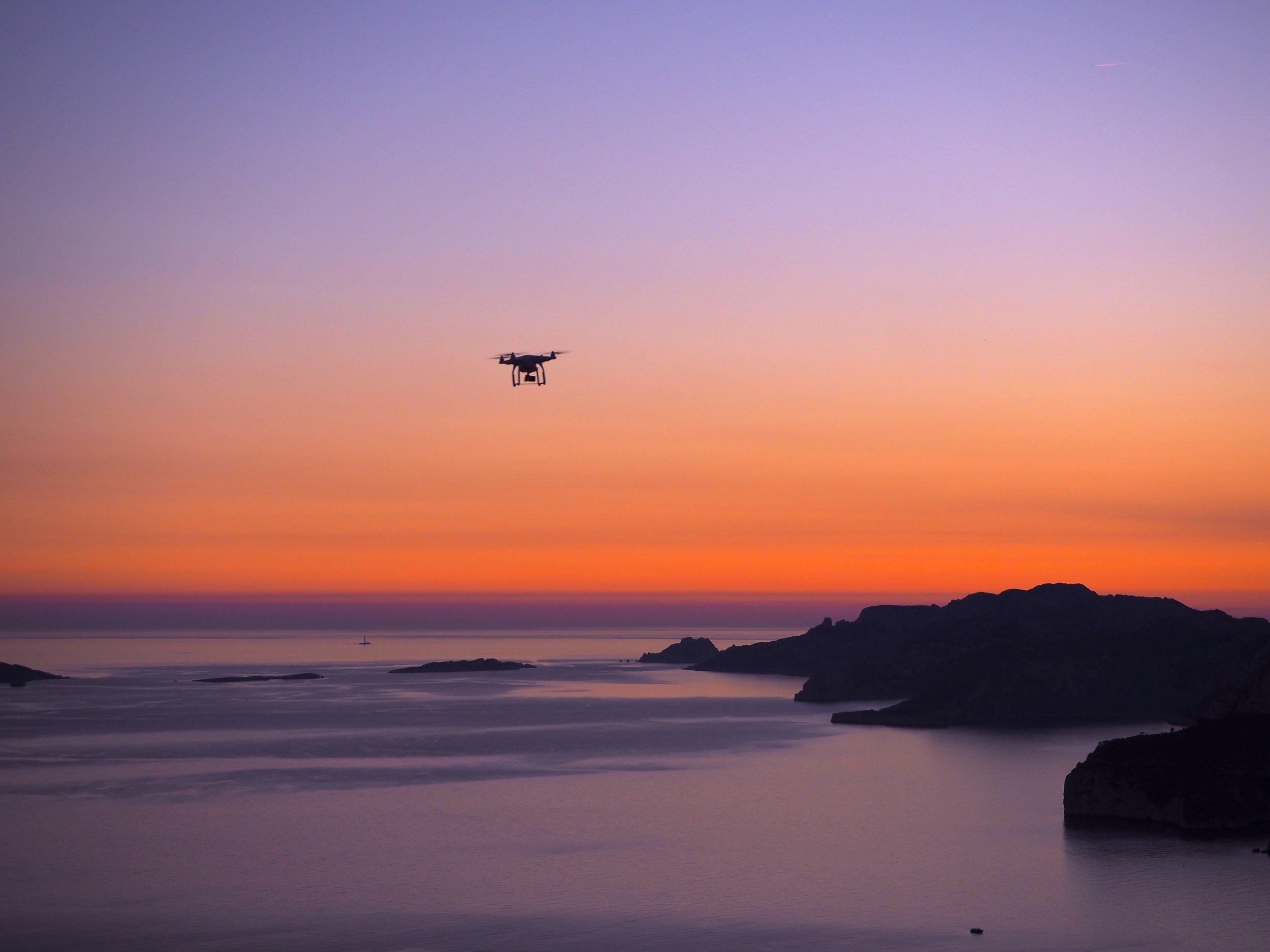As corporations continue to develop innovative business models and conduct field trials with Unmanned Aircraft Systems (“UAS”) or drones in the United Kingdom[1], France[2], and Germany[3], the regulatory framework must adapt to take into account the increased use of drones. On the one hand, the use of airspace by hobby pilots poses serious safety risks to air traffic, to persons on the ground, and data privacy. On the other hand, the innovative commercial use of drones can facilitate the transportation of goods, the provision of services and scientific research.
Challenge for regulators
On January 18, 2017, the German government adopted a Draft Regulation amending the existing UAS aviation rules. The Draft Regulation strengthens the regulatory regime for the recreational use of UAS, which are subject to the same requirements as model aircraft. It also liberalizes commercial use based on an individual permits system overseen by the Air Traffic Authorities. The Draft Regulation requires approval by the Federal Council, the legislative body representing Germany’s federal states.
The Draft Regulation follows a risk-based approach that differentiates the UAS on the basis of weight:
- UAS below 0.25 kg are subject only to operational restrictions and prohibitions (see below), but are not subject to operation permits.
- UAS of more than 0.25 kg must be marked. To this end, the name and address of the owner must be affixed to the UAS in a permanent and fireproof way.
- The operation of UAS of more than 5 kg is subject to an operation permit; the operators have to provide proof of their qualification to operate the UAS. This may be done by presenting a valid pilot’s license or by passing an exam. For the operation of model aircraft (drones for recreational purposes), a certificate issued by an air sports association will be sufficient.
- The operation of UAS of more than 25 kg is prohibited subject to exemptions on a case by case basis.
- The Draft regulation modifies the existing restrictions and prohibitions for the operation of UAS.
The operation of UAS is prohibited:
- beyond the line of sight of the operator in the case of drones below 5 kg,
- above 100 meters unless the pilot has provided proof of his aeronautical qualifications, and
- over residential properties if the UAS weighs more than 0.25 kg or is equipped to receive, transmit or record optical, acoustic or radio signals.
- Furthermore, it is prohibited to fly UAS in certain areas, such as over masses of people, scenes of accidents or of natural disasters, in the vicinity of industrial installations, prisons, military installations or other critical infrastructures, over federal roads, waterways and railways, major protection zones, or in controlled airspace.
In order to support the deployment of UAS for commercial purposes – including, but not limited to uses of UAS in agriculture and forestry – the Draft Regulation empowers the competent State Authorities to grant exemptions from the above-mentioned operational restrictions on a case-by-case basis. Accordingly, State Authorities may allow the operation of UAS, for example, outside of the line of sight of the operator. The State Authorities are also empowered to allow, on a case-by-case basis and at their discretion, the operation of UAS weighing more than 25 kg, provided that their operation does not present a danger to the safety of air traffic or public safety or order and provided that noise protection is ensured.
It is expected that these broad exemptions from the statutory restrictions that apply to recreational uses of drones will enable German authorities to authorize commercial uses of drones more liberally than in the past.
Contributor: Andreas Neumann
[1] The Guardian, 14 Dec 2016: Amazon claims first successful Prime Air drone delivery, URL:
https://www.theguardian.com/technology/2016/dec/14/amazon-claims-first-successful-prime-air-drone-delivery.
[2] Internet of Business, 20 Dec 2016, French postal service given go-ahead to start drone deliveries, URL: https://internetofbusiness.com/french-postal-service-drone-deliveries/.
[3] The Guardian, 25 Sep 2014, DHL launches first commercial drone ‘parcelcopter’ delivery service, URL: https://www.theguardian.com/technology/2014/sep/25/german-dhl-launches-first-commercial-drone-delivery-service.



